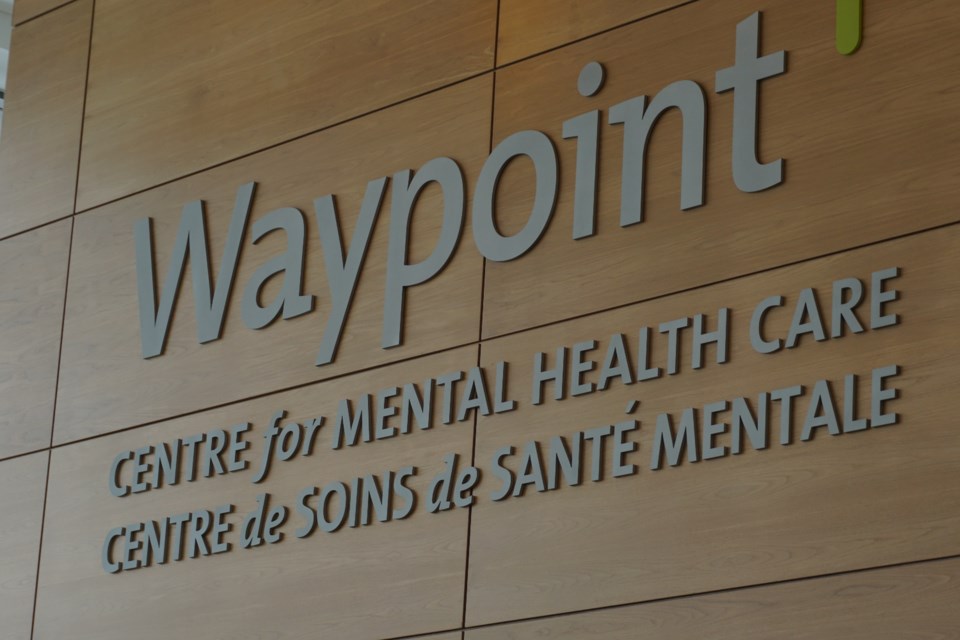A local healthcare centre is expanding access to electroconvulsive therapy (ECT) for those experiencing severe mental illnesses.
Waypoint Centre for Mental Health Care is now offering ECT five days a week in a move the Penetanguishene hospital’s medical director of regional programs says will help more patients access the therapy that’s deemed highly effective for people with severe forms of depression and other illnesses.
Dr. Plabon Ismail, who is also Waypoint’s lead ECT psychiatrist, said electroconvulsive therapy has long been used for treating severe and treatment-resistant cases of mood and psychotic illnesses.
“Because of its effectiveness and improved side-effect profile, we are seeing an overall trend where patients and physicians are opting for ECT early in the treatment course,” said Ismail, who pointed out that it’s especially useful in outpatient settings.
“Increasing our service from three to five days per week will allow us to meet these increasing demands while providing appropriate follow-up treatment promptly,” Ismail said.
Performed for over 80 years, the hospital pointed out the effectiveness of ECT is well documented in medical literature, but its uptake has been limited by stigma and fear. While this stigma persists, there have been many advances in the practice evolving it to a modern, safe and well-established medical procedure that can be life-saving and transforming for those who need it.
According to Waypoint, recent research suggests that ECT works by stimulating brain cells (neurons) to grow and develop healthy connections to each other. It works similar to how a defibrillator or pacemaker helps restore a normal rhythm to a person’s heart, the electrical stimulation can help restore proper function to the brain.
“ECT is part of Waypoint’s role as the specialty mental health hospital for our region and is central to our providing both acute inpatient mental health services and outpatient services with a goal to keeping people well in our communit,” Waypoint CEO Dr. Nadiya Sunderji noted in a release.
“We are committed to improving access to high quality care and this ECT expansion as well as the additional 14 acute mental health beds we are operating are priorities in these challenging times, with emergency departments overburdened from the pandemic impacts and staffing pressures.”
Waypoint’s ECT clinic is available for both inpatients and outpatients. A team of trained medical professionals that includes psychiatrists, anesthesiologists and nurses assess patients, educate patients and families, and administer the treatment.
Waypoint program director Jackie Watt said her team is happy to speak with anyone looking for more information about ECT and the services provided.
Added Watt: “Our central intake office staff manage referrals and can assist in identifying the right supports.”



